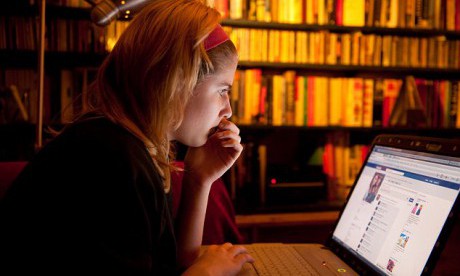The rate of teenage pregnancy in England and Wales has halved in 16 years and currently stands at its lowest level since records began 50 years ago.
Newly released figures from the Office for National Statistics show that 23 young women under the age of 18 out of every 1,000 became pregnant in 2014, compared with 47 out of 1,000 in 1998. The estimated number of teenage pregnancies fell from 24,306 in 2013 to 22,653 in 2014.
So teenagers appear to be having less unprotected sex. But why?
The impact of technology
One theory put forward to explain the drop is that teenagers are spending more time in their bedrooms on social media and less time meeting up, getting drunk and doing things they may later come to regret.
Prof David Paton, an economist at Nottingham University Business School, told the Telegraph: “It does potentially fit in terms of timing. People [appear to be] spending time at home – rather than sitting at bus stops with a bottle of vodka they are doing it remotely with their friends … Nobody really knows why we’ve got this sudden change around about 2007 to 2008.”
Clare Murphy, director of external affairs at the abortion provider British Pregnancy Advisory Service (Bpas), added: “The plummeting level of teenage drinking, for example, may be reducing the likelihood of unprotected sex, and teenagers are also increasingly socialising online, limiting the opportunities for sexual activity.”
Teenage drinking levels
The drop in teenage pregnancies is accompanied by evidence of decreases in drinking and drug-taking in the UK, particularly among those aged 16 to 24.
The proportion of young adults who reported that they did not drink alcohol at all increased by more than 40% between 2005 and 2013.
The rise of social media
Ofcom said last year that 16-24-year-olds spent more than 27 hours a week on the internet – almost three times the amount it was in 2005. Continue reading
Sources
- The Guardian, the beginning of an article by Nadia Khomami, a news reporter at the Guardian.
- Image: Mail Online
